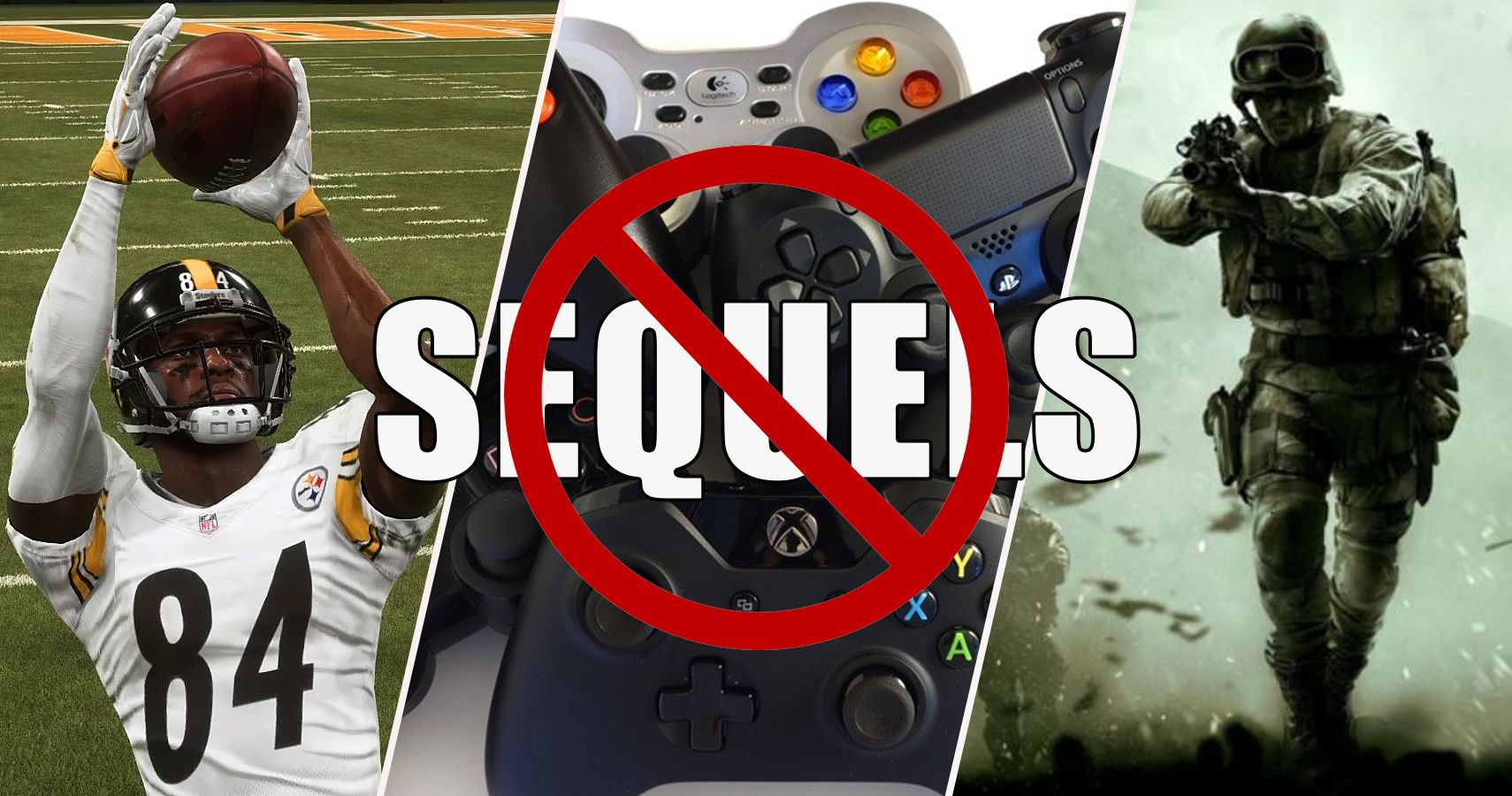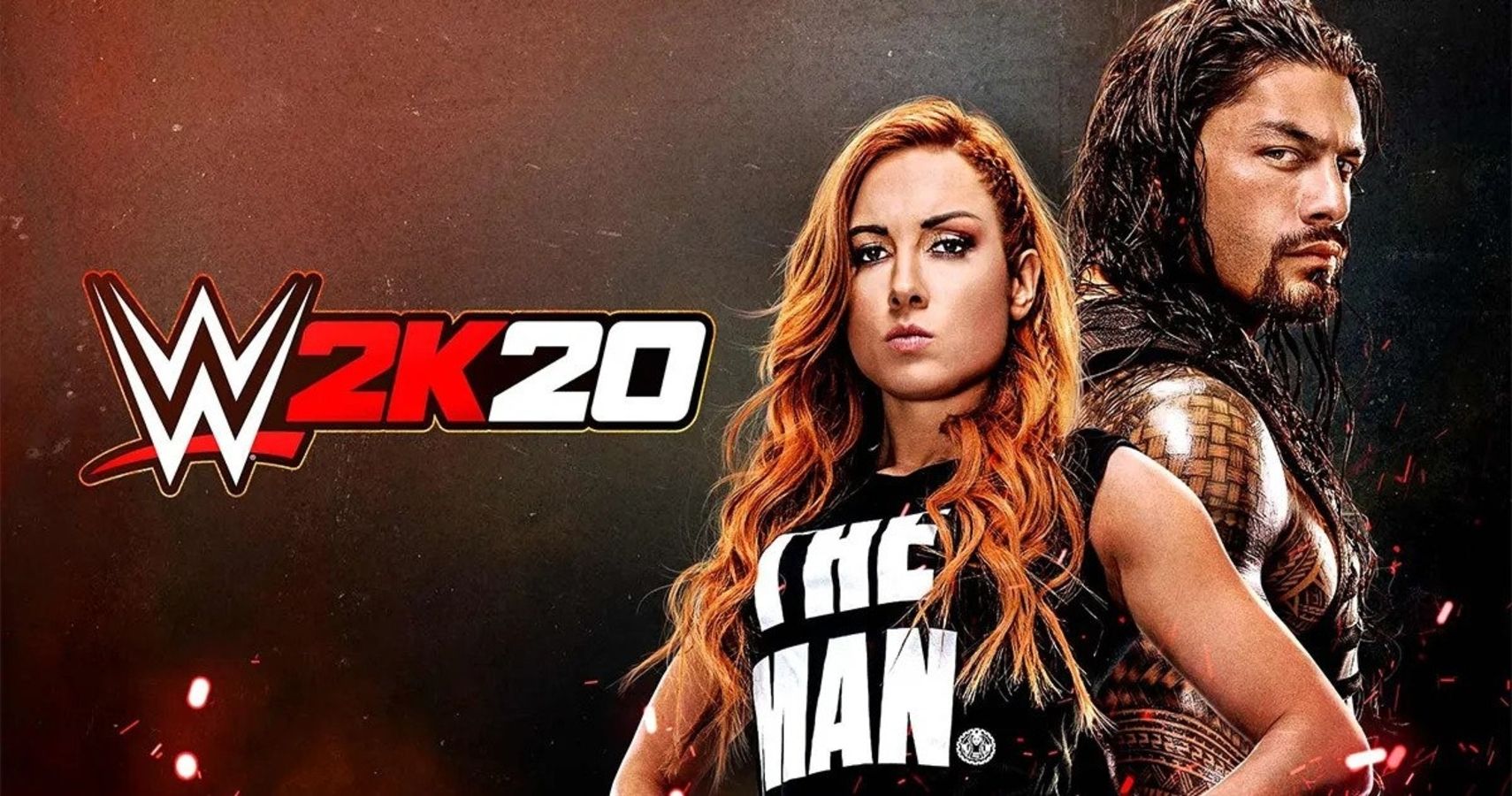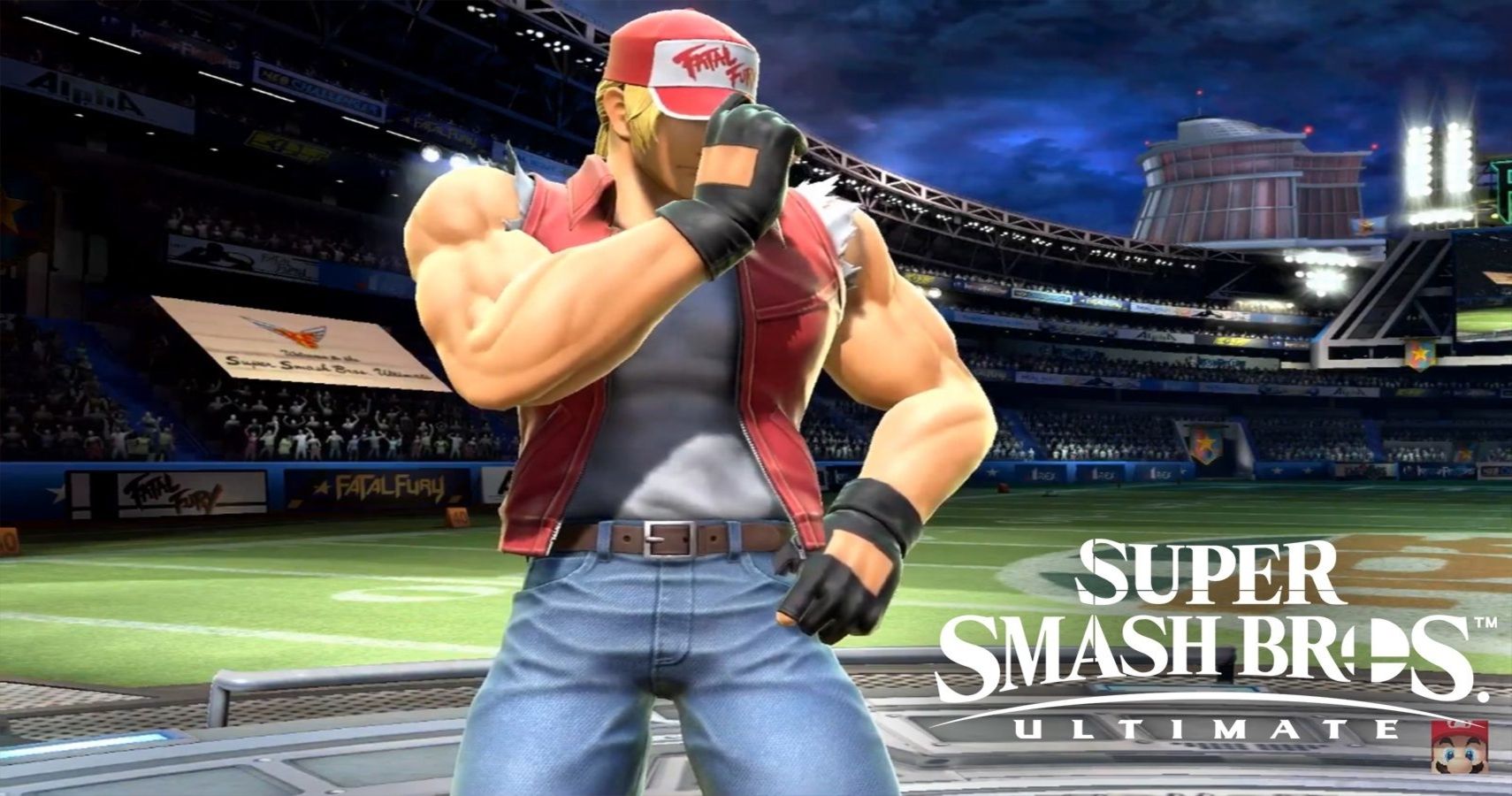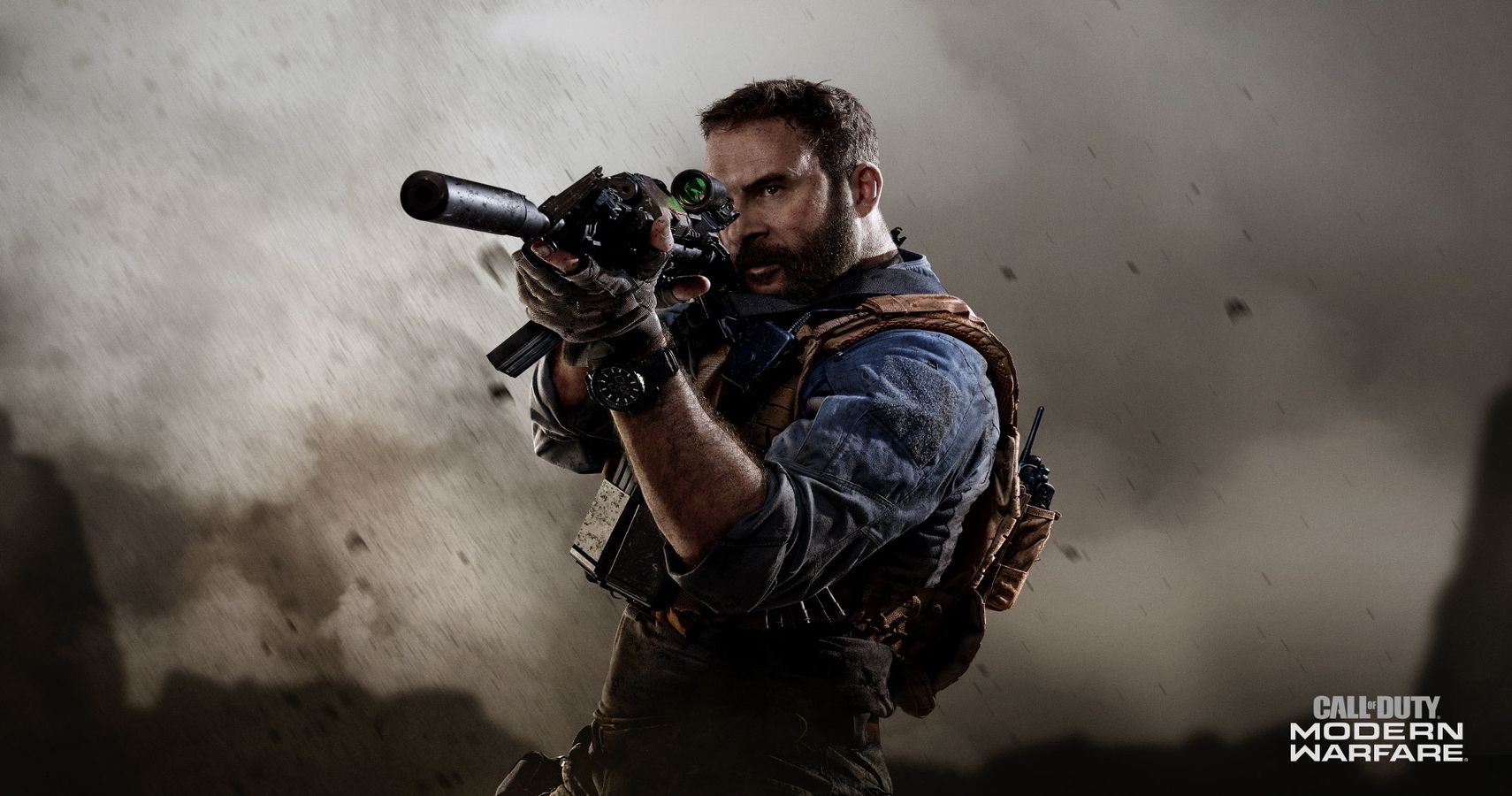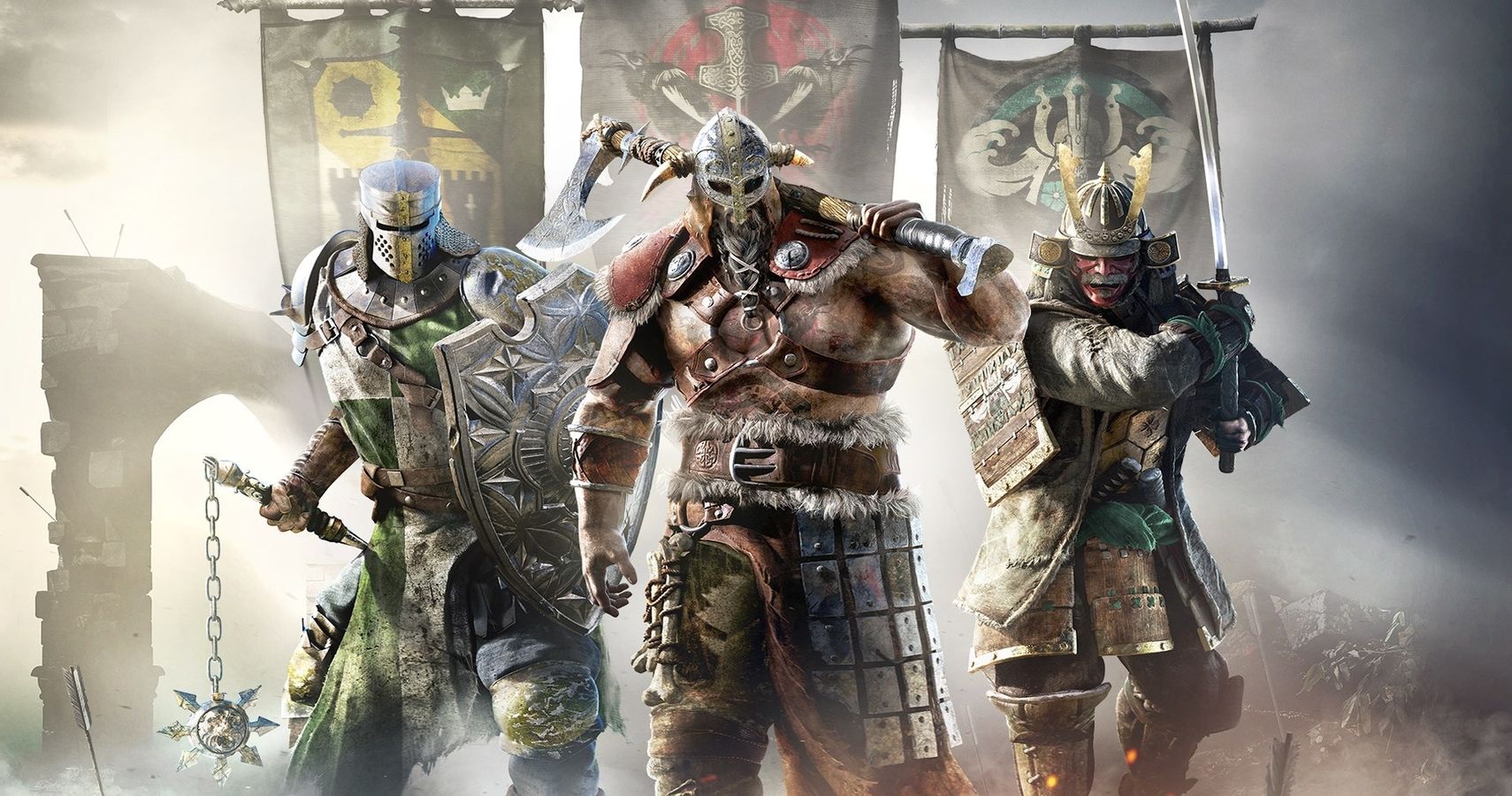A beloved game series getting a sequel is usually something to cheer about. Sometimes, the characters are so beloved that we can’t wait to see them in another adventure or the gameplay is so good that we get hyped to see how a developer will build upon it and make it bigger and better.
However, not every sequel is welcomed by the gaming community, or even necessary at all. Releasing yearly sequels is a perfect way to make fans tire of their favorite franchises, and soon instead of excitement over the next installment, most players feel exhausted about having to shell out money for another game that barely iterates on the same stale formula.
However, in what has to be a minor miracle, most developers are starting to get the hint that releasing the same game every year isn’t the best way to keep a series successful. Although some developers are still stubborn enough to keep the trend going, yearly sequels are starting to fade away in favor of the much more popular idea of actually supporting the games that are already out.
The Disease Known As Sequelitis
The key problem with yearly sequels is that in order to keep that fountain of money flowing, you have to push a development team to keep coming up with a new game every year. Unfortunately, a year is not a significant amount of time to completely revamp a game engine, or even make many dramatic changes, so you just keep getting the same game over and over, only this time your characters might be wearing a fancy new hat.
This is probably most prevalent when it comes to sports titles. EA and 2K Games, in particular, put out their sports games on a yearly cycle, leaving little room for any real innovation or improvement. Games like WWE2K or NBA2K are usually mostly unchanged, aside from some new wrestlers/players, some new outfits, and a new batch of pretty bad voice acting. Meanwhile in Madden’s case, sometimes the changes are so imperceptible that it seems like they’re just releasing the exact same game with a new year added to the title.
Content Is Key
However, a crazy thing has started to happen: Developers are figuring out that if you just keep improving and adding new content to your original game, people will keep playing it. And if people are still playing your game, you can still make money. What a novel idea!
For example, why make another Smash game when we can just keep getting new characters added in as DLC? Smash master Sakurai has basically made it look as if he’s done making new Smash Bros. games and that Ultimate may be his magnum opus. So, in order to keep the Smash-ball rolling, Nintendo has thrown in new fighters like Persona 5’s Joker, Dragon Quest’s Hero, the recent Banjo-Kazooie, the future addition of Terry Bogard, and even more DLC characters are promised beyond that. If Super Smash Bros. Ultimate continues to get this kind of support, then players will continue to dive in as the meta changes, and new fan-favorite characters will join the mix.
Then there’s the addition of expansions that potentially could have been a full game but instead, are added in to make the base game even better. The most recent example of this is Monster Hunter World’s Iceborne expansion, which added a whole new zone and new monsters to make fancy outfits out of. This is also a pretty typical move of other games-as-service type games like Destiny, MMOs like World Of Warcraft, or Final Fantasy XIV. Instead of releasing sequel after sequel, they add in new quests, loot, boss battles, story content, and other goodies that make it so people will never get sick of playing.
Even games from typical cash-grabbing companies like EA are starting to learn this lesson. Star Wars Battlefront 2 was pretty much labeled a microtransaction ridden disaster upon release. Yet DICE hasn’t given up and has worked on improving that game before moving on the inevitable Battlefront 3, which it has said won’t be made for quite a while, as it is still working on Battlefront 2. There are quite a few cases where companies could have just given up and say “ah we’ll fix those problems in the sequel” but instead hunker down and actually work on making the game they released into a better product. This could also be seen with the recent update to No Man’s Sky, which turned a disappointing and overhyped title into a massively improved game that’s worth playing.
When Will They Ever Learn?
Sadly, not every company will take the hint and stop churning out a new sequel every year. Sports titles are basically stuck on an endless sequel loop at this point, even though out of all of the game genres, content updates like updated rosters and new game modes would make the most sense. People would definitely pay for an update to get a new pack of players, and it would certainly make more sense than just slapping a new coat of paint on last year’s model.
One of the absolute worst offenders of this has got to be Activision. We’ve consistently received a new Call Of Duty every year since Call Of Duty 4: Modern Warfare, which came out a staggering 12 years ago. Sure, some of these entries have been good, but for every Black Ops 2, there's a Call Of Duty: Ghosts just around the corner to stink things up. Plus, it's constantly pushing its developers to release sequels. It is likely responsible for Bungie abandoning whatever long-time plans it had for Destiny just so a Destiny 2 could be made. It essentially killed the rhythm genre with its multitude of Guitar Hero iterations. Even now, there are rumors that it is demanding that Blizzard make an Overwatch 2, even though Overwatch is arguably one of the best examples of the topic of this article.
We Can Probably Cool It On The Sequels
Big game companies like to see big numbers at the end of their fiscal year and pumping out sequels every year is a depressingly easy way to assure that happens. However, many companies are shifting away from this behavior, and it’s definitely for the better of everyone. Even Ubisoft, which used to shove a new Assassin’s Creed down our throats every year, has learned that constant updates and new content are the way to ensure that people keep playing its games and keep making it money. This is why games like Rainbow Six Siege and For Honor are still being updated, and we now get much better Assassin's Creed games like Assassin’s Creed: Origins and Assassin’s Creed: Odyssey.
We can only hope that this is the new standard, as playing games that add more and more new stuff is much more satisfying than shelling out $60 bucks every fall for that year's football game. Some of the gaming giants will still continue to milk money from us customers, but hopefully, that cash cow will eventually dry up and we’ll be able to enjoy the games we buy for much longer.

